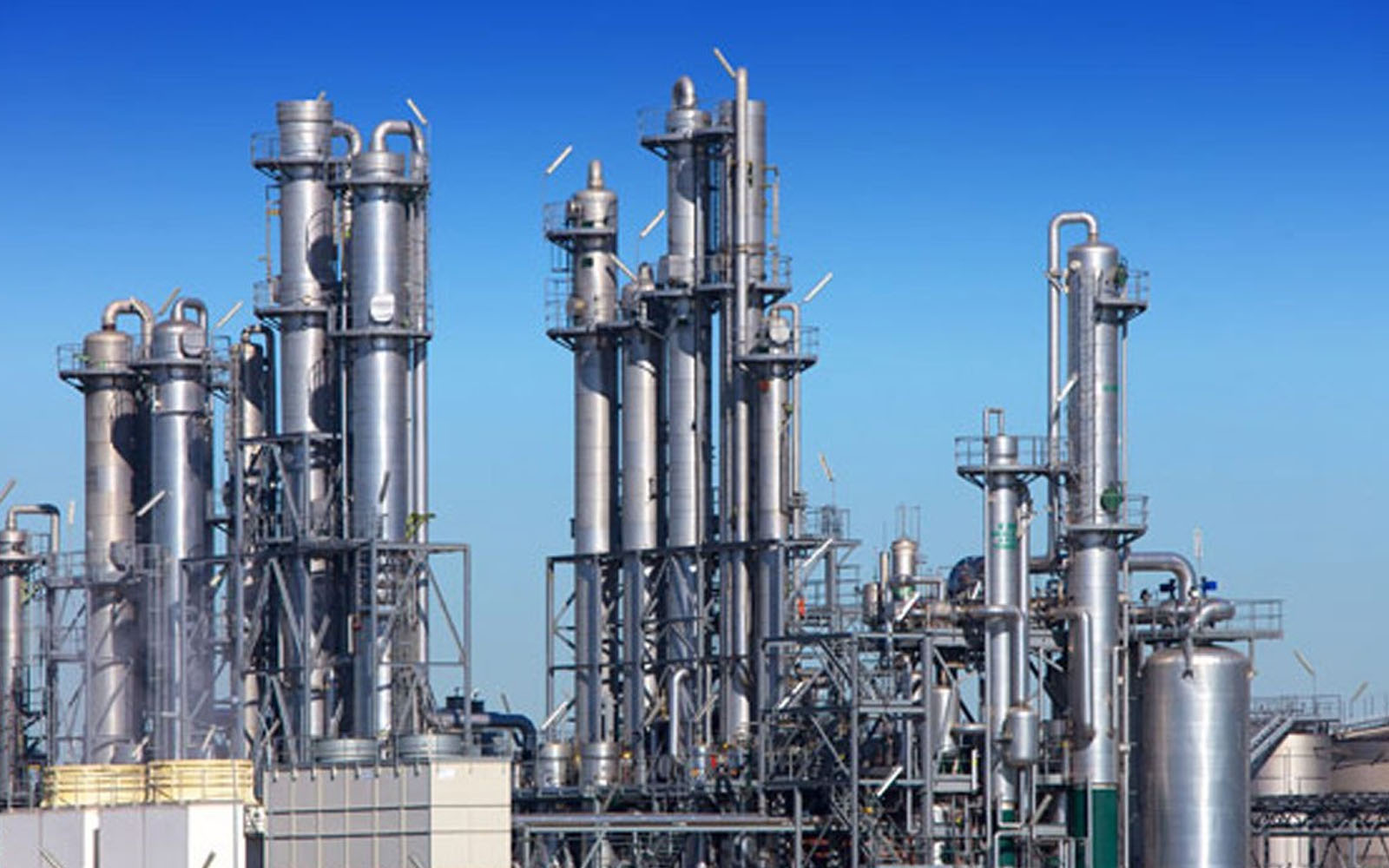Nigerian Minister of state for petroleum, Dr Ibe Kachukwu, on Thursday, flagged off the construction of the first modular refinery in Imo state; pioneered by Waltersmith Refining & Petrochemical Company Limited.
The mini-refinery is one out of 2 proposed to augment crude oil production currently undertaken by the 3 sluggard refineries located in Kaduna, Owerri and Portharcout.
The Minister in the company of Managing Director of NNPC, Dr. Maikanti Baru to mark the ground opening ceremony of the new refinery at Ibigwe, Ohaji Egbema Local Government Area of Imo State.
The 5,000 capacity modular refinery is a child of Waltersmith Refining & Petrochemical Company Limited and an investment of $10 million from Nigerian Content Development and Monitoring Board (NCDMB) signed in June, this year.
Speaking at the occasion, the honourable minister tagged the project as a liberating effort to free the economy from heavily fending on oil importation. The minister registered optimism while noting strategy underway to awaken conventional refineries and see them operate at full capacity. Emphasising the role played by the indigenous refinery (working in full capacity) on cost saving and could possibly be channelled to other segments of the economy.
“The federal government is interested in revamping the existing four refineries in the country in 2019… it will be a shame if by the end of 2019 we are still hopping around the globe searching for where to import petroleum products.”
The minister also hinted on the delay in passage of the PIGB saying it will soon take effect, however, undergoing legal finesse to establish a mutual benefit for concerned parties.
Abdulrazaq Isa, Chairman and Chief Executive Officer of Waltersmith Refining and Petrochemical Company Limited, gave a 1 year and six months deadline for completion of the refinery and possibility of expanding output to 30,000bpd. The energy company has already entered into an agreement through MoU with China’s PCC to actualise its expansion plan before 2020.
“Waltersmith would be in a position to contribute about 271 million litres of refined products (diesel, kerosene, HPFO and naphta) annually.”
3 underperforming Mega refineries
Despite the promising project and what it hopes to deliver in terms of increased revenue, foreign reserve and cut in the importation of petroleum products, there are, however, pertinent questions.
The country’s refineries located in Kaduna, Port Harcourt and Warri have been recorded to perform below expectations, failing to meet the high demand for energy from the teeming population in both home and international market. These refineries built and equipped years ago have degenerated under a heavyweight of low maintenance amongst other throbbing issues.
The deteriorating state of the country’s refineries ignited the move to grant 37 licenses to private firms between 2012 and 2017 which would compete for the nation’s energy sufficiency. Thus, introducing Dangote Refinery Plc, promising 650,000 barrels per day (bpd); a high-held solution to alleviate petroleum shortages faced in Nigeria.
Modular refineries are smaller in size hence reduced cost implication, more flexible and would necessarily not require huge maintenance system, the primary cause of conventional refinery’s death.
It should be understood that the cankerworm that put the 3 mega refineries to rest is still very much active.




















